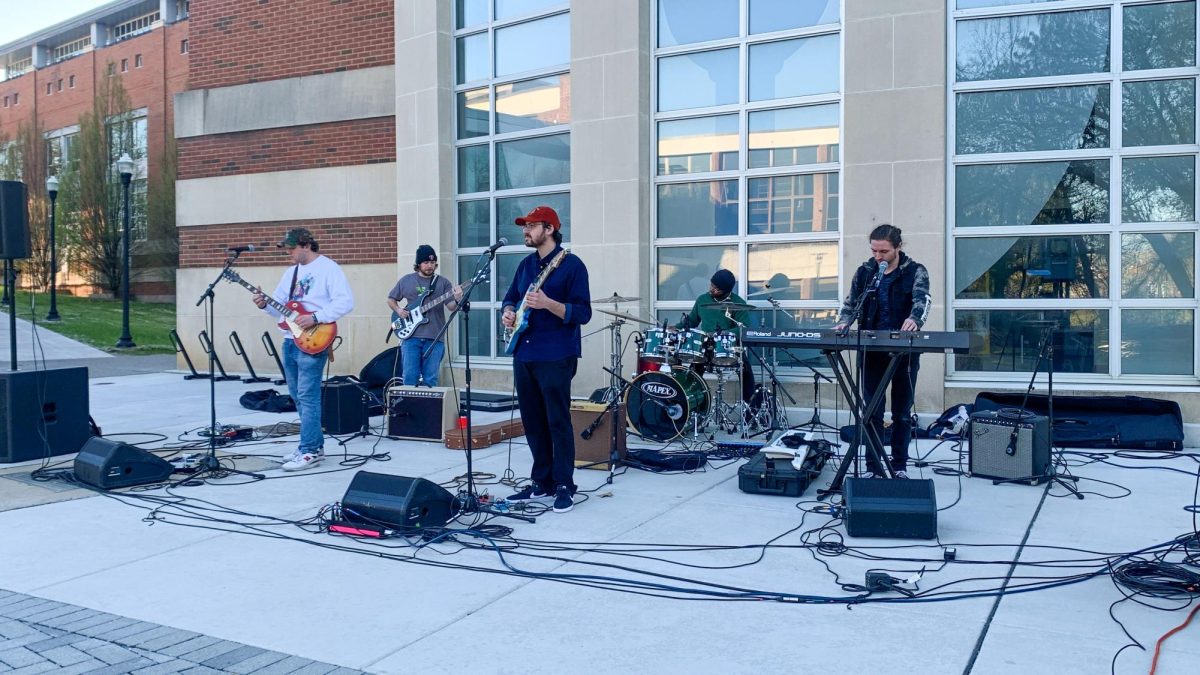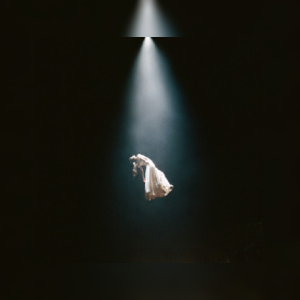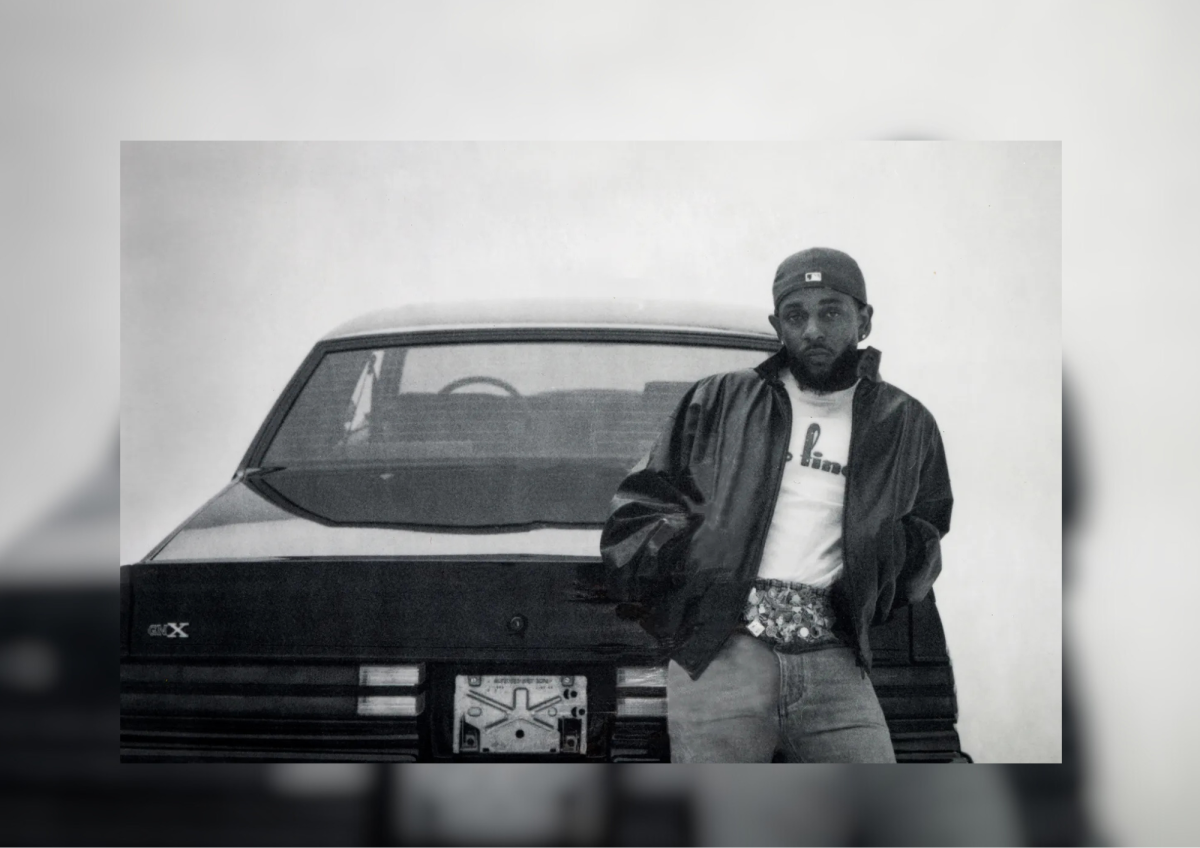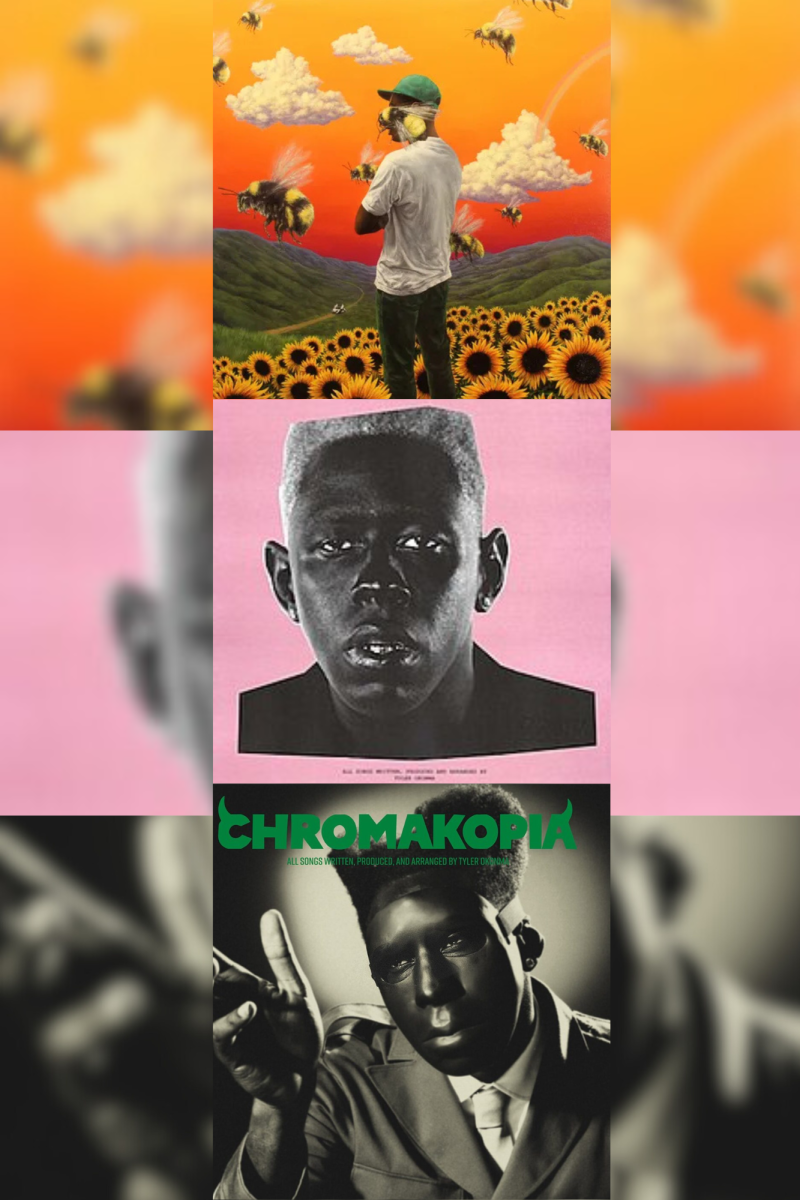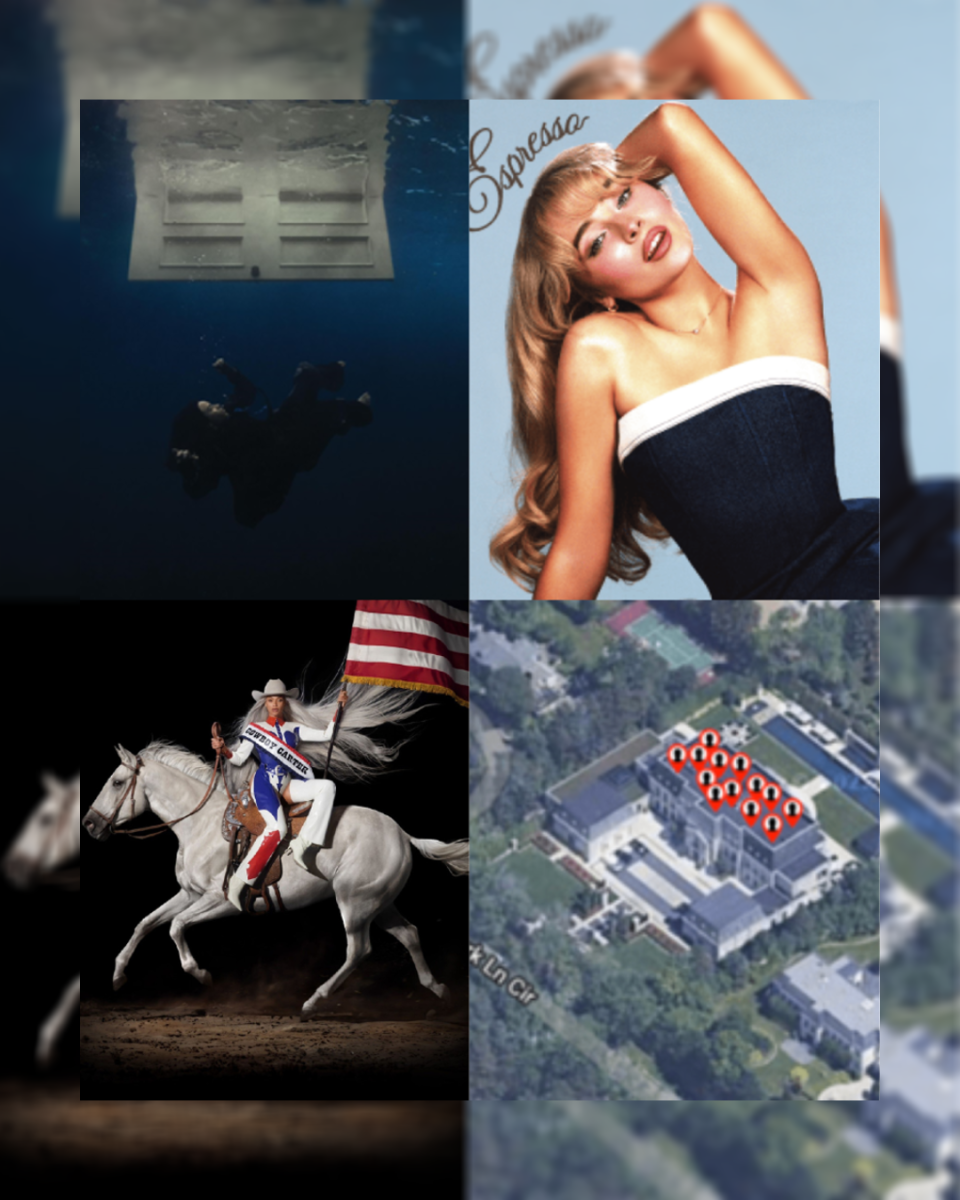Roughly 14 years ago, Donda West—Kanye West’s mother—died in Marina Del Rey, California, at 58 years old.
She died suddenly and unexpectedly of “coronary artery disease and multiple post-operative factors due to or as a consequence of liposuction and mammoplasty,” according to a coroner’s report.
It is impossible to overstate the impact that this tragedy has had on both, Kanye’s life and popular culture as a whole. It has governed the entire artistic trajectory of the most influential and controversial artists of our time. I hesitate to use this phrase, considering Kanye’s struggles with mental health (the artist was formally diagnosed with bipolar disorder in 2018), but there isn’t another way to describe what happened; Donda’s death drove Kanye insane.
We have publicly witnessed that insanity for the past decade in the form of media stunts, chaotic album releases, and even a tumultuous foray into political punditry. There’s no need to relive all of this, but it needs to be addressed because I believe Donda is an apology for his past behavior and a commitment to finally embark on a healthy road to recovery.
The album’s title — “DONDA” — and the cover — a plain black square — were what tipped me off to this, at first. Kanye had referenced his mother plenty of times in his music in the past, but this is the first time she’s been featured — front and center. She is the sole muse this time around.
And I took the black cover to symbolize death. Or, maybe, it exemplifies the function of this album as a clean slate for Kanye. Maybe both. Either way, I don’t think that choice was superficial. Then we have the overall sound of the album on top of this. It’s the same musical palette of his most recent solo works — 2018’s “Ye” and 2019’s “Jesus is King” — but more developed. It’s the same blend of starkness and richness as those works, but there’s more time to experiment with it. The album is monstrous in scope, clocking in at an hour and forty-five minutes in total. In a word, the album is more mature than anything else he’s done.
And it pays off artistically, as I think this is one of his best works yet. There are so many moments here that have my jaw on the floor. The opening track, titled “Donda Chant,” is simply a woman repeating the word “Donda” for about a minute before moving on to the next song, “Jail,” which features the Kanye and Jay-Z reunion we’ve all been waiting for.
I was a little bit giddy when Jay-Z acknowledged that “this might be the return of the throne,” referring to their 2011 collaboration album “Watch the Throne” — a personal favorite of mine.
Then there’s the song “Off The Grid” — a typical banger that features Playboi Carti, which is someone I hated at first, but who’s slowly growing on me after this. There’s the eight-minute opus “Jesus Lord,” which lets Jay Electronica rant about various war crimes committed by various presidential administrations and includes a voicemail left for Kanye by one Larry Hoover Jr., who thanks him for “taking the fight for my father to the Oval Office”—referencing Kanye’s meetings with the former President. Hoover paints a great image of his father’s life and details the struggles his family has faced due to having a father in prison.
“Moon” features Kid Cudi, the Robin to Kanye’s Batman who, quite frankly, sucks without his guidance. But when it’s there, it creates one of the best musical partnerships ever. I think the best lyrical moment of the album is Vory’s refrain on “Jonah”:
“Who’s here when I need a shoulder to lean on? I hope you’re here when I need the demons to be gone, and it’s not fair that I had to fight ’em all on my own.”
This moment is immediately followed by a gut-punching verse from Lil Durk, talking about his family’s struggles, stemming from his brother’s death — which keeps the two major themes of the album; death and family.
Then there’s the piano-driven track “Come to Life,” which would be more at home in a Pixar movie than a rap album. I could keep going, but suffice it to say; there are a lot of great songs on here.
All of them pale in comparison to the fifth track, “Hurricane,” which is not only the best moment in Kanye’s discography, but simply my new favorite song. It had been leaked in the past, back when this album was rumored to be named “Yandhi.” There’s no question that the best version is what ended up on the album. It opens with a haunting chorus from The Weeknd, an artist who has failed to dazzle me before, but puts on an all-star performance here. He’s accompanied by the Sunday Service Choir — Kanye’s collection of church singers — on the most beautiful moment I’ve ever heard in a rap song.
There’s a relentlessly energetic verse from Lil Baby, who is another artist I didn’t like, but he has earned my respect after appearing on this album. He gives us some compelling imagery and heartfelt stories from his past, and they come together to form the best performance I’ve heard from a rapper of his ilk. He’s immediately washed by Kanye who, to put it simply, sounds like his old self again. I could break down the entire song, moment by moment, but it’s better to just give it a listen.
Overall, I’m proud of Kanye. In being more mature, he brings the maturity out in those around him and isn’t playing provocateur as heavily as he used to. I could’ve done without the frequent pushbacks of the album’s release date (although I did enjoy the spectacle of his listening parties in sold-out stadiums). I found the involvement of DaBaby and Marilyn Manson in this whole ordeal to be transparent headline fodder, as they were both relegated to what amounted to a bonus track — one of several at the very end of the album — none of which are really interesting enough to talk about.
Additionally, I still don’t know why every curse word on the album is censored. I can’t parse what statement he’s making with this, and it just turns the album into a more awkward experience as a whole. It’s things like this that led me to place “DONDA” in a firm second place behind 2016’s “The Life of Pablo” in my ranking of favorite Kanye albums. The release of this piece of artwork was as tumultuous as it could be, and I am very impressed with the final results of a project that I didn’t think would ever be finished.
For questions/comments about this story tweet @TheWhitOnline.

























































































































































!["Working with [Dr. Lynch] is always a learning experience for me. She is a treasure,” said Thomas. - Staff Writer / Kacie Scibilia](https://thewhitonline.com/wp-content/uploads/2025/04/choir-1-1200x694.jpg)










































